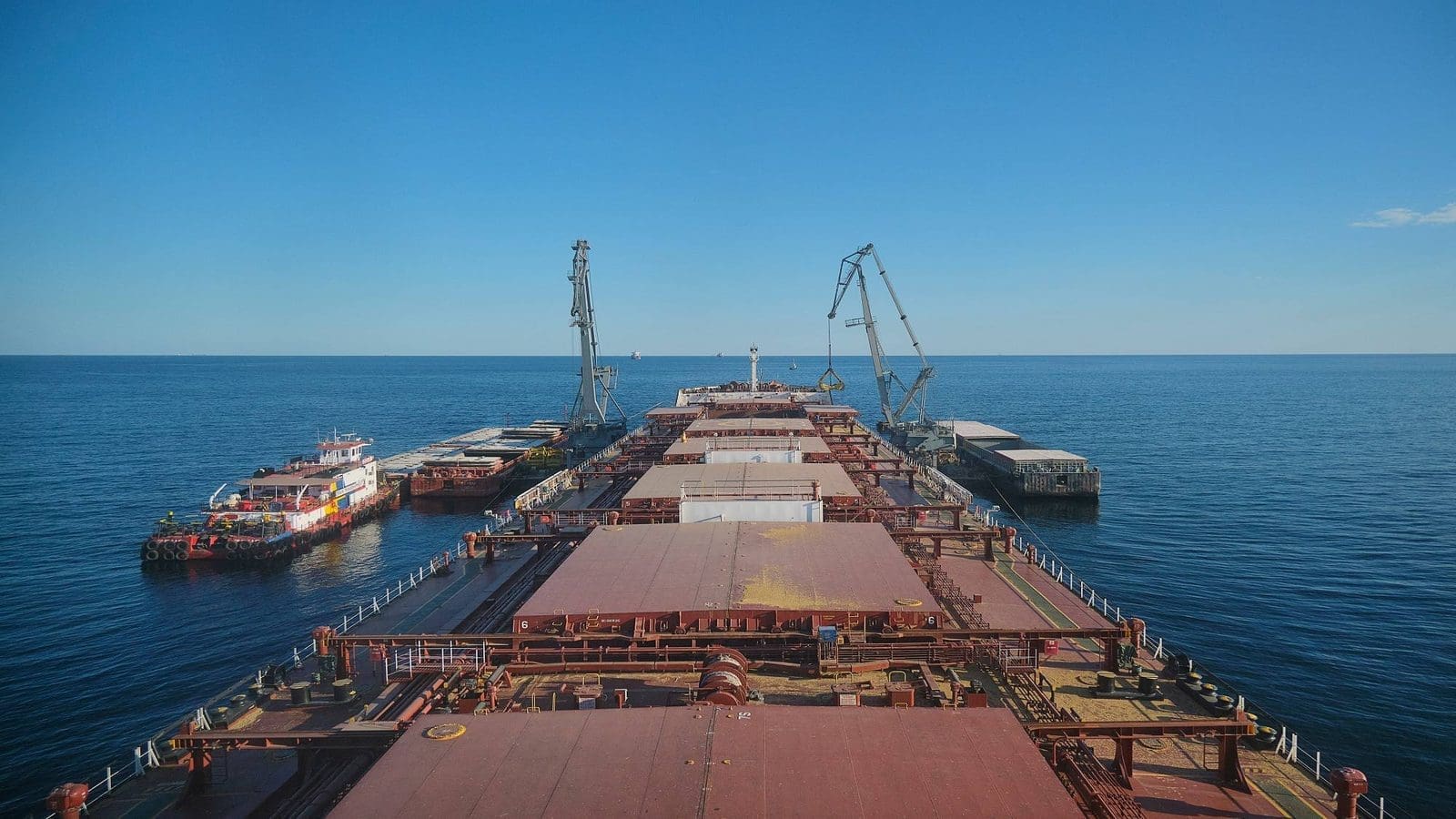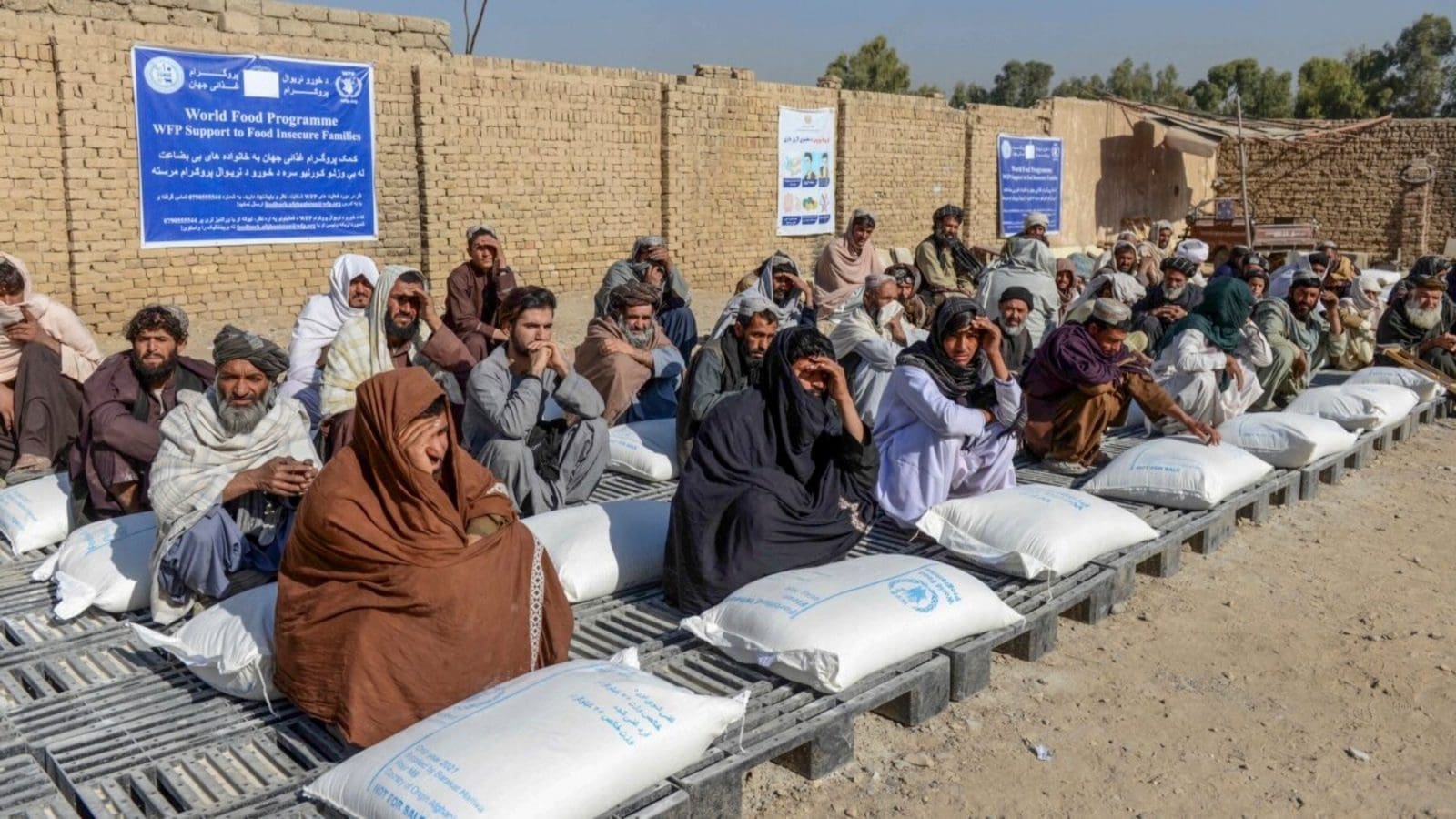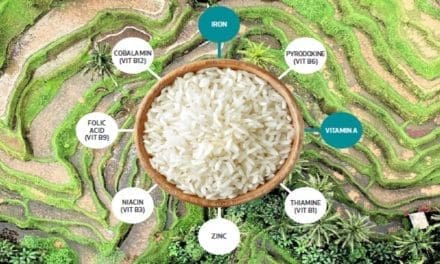GLOBAL- Russia agreed to allow an extension of the Black Sea grain deal for 60 days, instead of 120 days, pushing the deadline two months into the future.
The last few weeks have carried an air of anticipation of the renewal of the Black Sea grain deal, whose 18th March deadline was looming. There have been numerous talks among Russia, Ukraine and Turkey concerning the possibility of an extension, with Turkey being a co-broker of the deal with the UN.
According to Oleksandr Kubrakov, Ukraine’s infrastructure minister, the Black Sea Grain Initiative agreement involves at least 120 days of extension. Therefore, Russia’s position to extend the deal only for 60 days contradicts the document signed by Turkey and the U.N.
However, a Russian delegation at talks with senior United Nations (U.N.) officials holds that Russia wanted to see “tangible progress” on a parallel agreement on Russian exports before the Ukraine grain deal again came up for renewal, VOA News provided.
In July 2022, the U.N. struck a deal with Russia, agreeing to help facilitate Russian food and fertilizer exports for a three-year period. However, the Kremlin has maintained that this side of the bargain has not been kept, thereby restricting Russian exports.
Russia has been adamant about not renewing its support for the black sea deal if blockages on its agricultural exports persisted.
According to Russian authorities, while Western sanctions did not explicitly target the Russian agricultural sector, restrictions on logistics, the payment system, and insurance represent major obstacles to shipments of fertilizers and cereals.
This issue arose once more during the November 2022 deal renewal, and Russia still agreed to an extension.
The UN stresses on commitment to black sea deal
As a co-broker of the black sea deal, the UN is keen on ensuring the objectives of the black sea grain initiative are upheld and is willing to do everything possible to preserve its integrity.
“I want to underscore the critical importance of the rollover of the Black Sea Grain Initiative on 18th March and of working to create the conditions to enable the greatest possible use of export infrastructures through the Black Sea, in line with the objectives of the initiative,” said António Guterres United Nations Secretary-General.
“Today, we are interested in ensuring that there is no hunger in the world. And our common policy is to continue the operation of the ‘grain corridor,’” Ukrainian President Volodymyr Zelenskyy said during talks.
Russia retaliates that most Ukrainian cargoes sailing under the deal go to Europe and other developed countries; not to those in Africa and Asia bearing the dire effects of the global food crisis.
However, according to the UN, about 55 per cent of food exports via the Black Sea have gone to developing countries, and an extension of the deal is, therefore, critical.
The UN insists that the two deals, the black sea deal and the deal with Russia, are “part of the global response to the most severe cost-of-living crisis in a generation and have had a positive impact on global food security, with millions of tons of grain reaching global markets.”
While the 60-day extension offers a temporary relief for the beneficiaries of the black sea deal, a report by Reuters provides that the UN and Turkey are still facilitating talks to aimed to get a longer extension of the deal.
Easing world wheat supply and corn export demand
Meanwhile, the US department of agriculture’s (USDA) global wheat outlook shows slightly smaller supplies, increased trade and consumption and lower ending stocks than February.
The USDA forecast the 2022-23 world wheat supply at 1.060 billion tonnes, down 110,000 tonnes from the February projection.
These supplies were lowered by a decrease in beginning stocks, mostly because of an increase in China’s 2020-21 feed and residual use, which more than offset an increase in world wheat production.
Additionally, Kazakhstan had its largest harvest since 2011/12. Its wheat production is now forecast at 16.4 million tons, 2.4 million higher than last month.
On the other hand, global coarse grain production for 2022/23 is forecast 3.2 million tons lower to 1,439.6 million, thanks to reduced production, consumption, and ending stocks relative to February.
Argentine production is likely to be lower due to continued heat and dryness in February and early March, reducing yield prospects for late-planted corn, partially offsetting increases from India and Paraguay.
Additionally, foreign corn ending stocks are down relative to last month, reflecting declines for Ukraine and Brazil, partly offset by an increase for India. Global corn ending stocks, at 296.5 million tons, are up 1.2 million.
For oilseeds, the global 2022/23 oilseed supply and demand forecasts reflect lower production, reduced by 6.8 million tons to 629.9 million, mainly because of lower soybean and sunflower seed production for Argentina.
Soybean production for Argentina is lowered 8.0 million tons to 33.0 million owing to dry and hot weather conditions. Similarly, Uruguay soybean production is lowered 0.2 million tons to 2.1 million. Conversely, Australia rapeseed production is increased 1.0 million tons to 8.3 million due to higher area and yield.
In addition, the global oilseed trade is up 1.9 million tons to 199.9 million thanks to higher rapeseed exports especially for Australia and Ukraine, and soybean exports for Brazil and the U.S.
Global 2022/23 oilseed crush is lowered 3.3 million tons to 526.3 million, mainly due to a slower-than-expected soybean crush pace for China and lower available soybean and sunflower seed supplies for Argentina.
The ending stocks for global soybean are lowered 2.0 million tons to 100.0 million, with lower stocks for Argentina, Brazil, and the U.S. partly offset by higher stocks for China.
For all the latest grains industry news from Africa, the Middle East and the World, subscribe to our weekly NEWSLETTERS, follow us on LinkedIn and subscribe to our YouTube channel.










